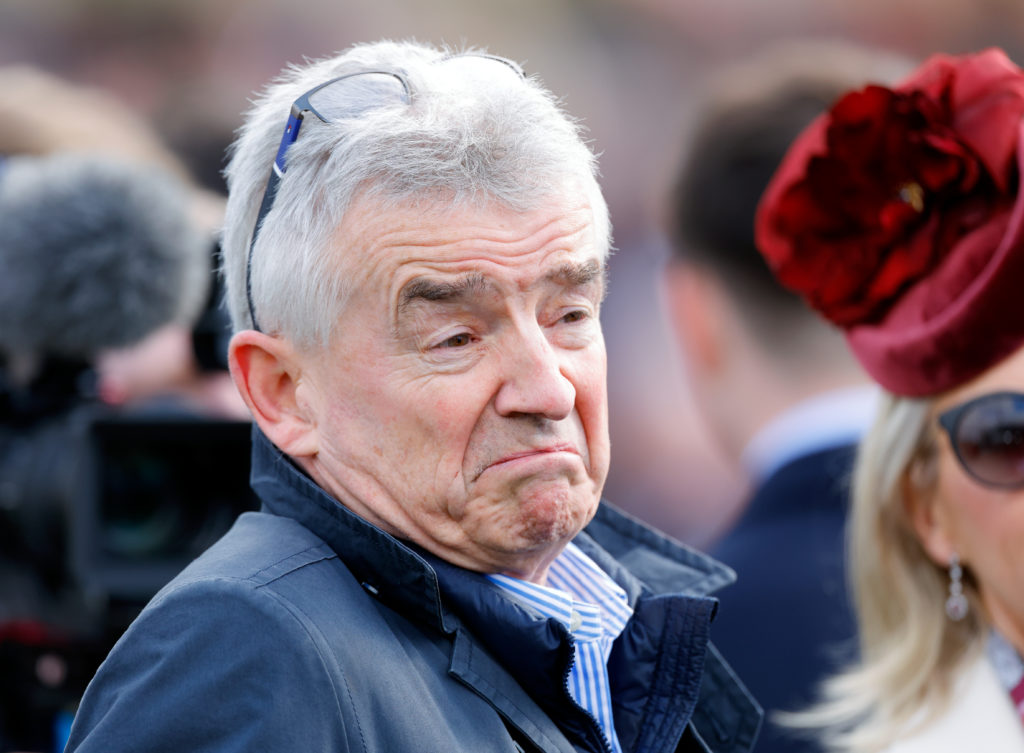 Maybe... China (Photo by Max Mumby/Indigo/Getty Images)
Maybe... China (Photo by Max Mumby/Indigo/Getty Images)RYANAIR boss Michael O’Leary recently sent a letter to top US lawmakers warning: “If the US government proceeds with its ill-judged plan to impose tariffs, and if these tariffs materially affect the price of Boeing aircraft exports to Europe, then we would certainly reassess both our current Boeing orders, and the possibility of placing those orders elsewhere.”
Ryanair has placed an order for 330 aircraft from Boeing, valued at over $30 billion, with deliveries scheduled through 2034. This development could significantly escalate the transatlantic threats over tariffs imposed by President Trump. Ryanair, Europe's largest low-cost carrier, is one of Boeing's most important customers.
At present, Boeing's sole competitor in the large aircraft carrier market is Airbus. However, Airbus have announced that their production capacity is fully booked through the next decade.
O’Leary warned that he would cancel orders from Boeing and instead look towards state-owned Commercial Aircraft Corporation of China (COMAC). This would put a hurdle in Trump’s plan. The President hopes to bring manufacturing back to American soil while isolating China from western markets.
However, industry insiders are viewing O’Leary’s threat with some scepticism. Aircraft order cancellations are extremely rare, as airlines typically spend years on waiting lists and are reluctant to risk being moved to the back of the line.
If Ryanair were to proceed with buying from COMAC, they would be the first western airline to do so. COMAC currently does not have permission to fly in Europe, although it has sent an application for its C919 planes to the aviation regulator. Additionally, the COMAC C919 can seat only between 150-190 while the Boeing MAX 10 can seat 230. It would be commercially unviable to cancel scheduled orders for planes that are smaller and don’t currently have permission to fly in Ryanair’s main market.
Historically, the airline industry has enjoyed duty-free status, as they have supply chains that cross multiple countries and continents. Trump’s threats could upend this and dramatically increase the cost of flying, which will ultimately be paid for by the consumer. Many in the industry are holding out hope that Trump will blink first, and either lower the tariffs or create a carve-out for them, as he has done for the auto and tech industry.
O’Leary has a long-standing history with Boeing, previously calling their 737 "a game changer" for his company (CNBC, 2019). The aircraft is much more fuel efficient for short-haul flights, compared with the 777X model, and allows for quicker boarding and turnaround times - key advantages for Europe's busiest airline.

